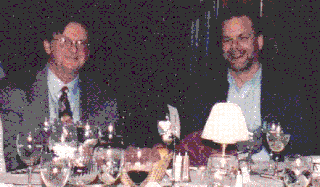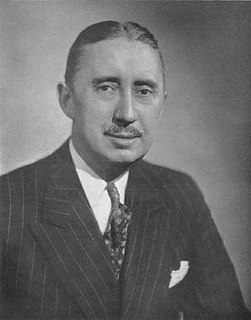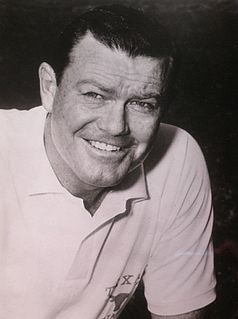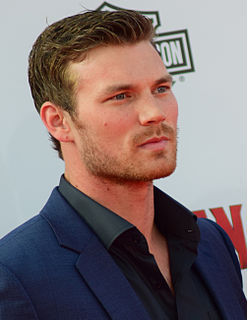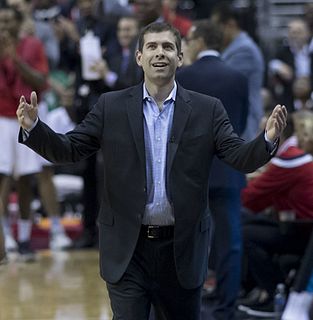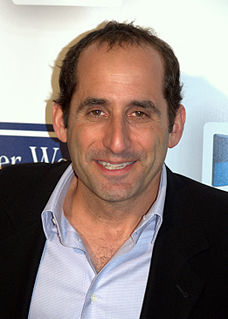A Quote by Graham Hawkes
One time on a dive, I wound up drifting up in darkness surrounded by billions of photoluminescent creatures. It was a religious experience, one only a poet could do justice to.
Related Quotes
I became a poet in Pittsburgh. When I lived in the South, I was a basketball player and primarily a jock. An English teacher essentially suggested that I send the poems that I'd been writing - really just for him - to a few programs, so that when I wound up in Pittsburgh, it's where I figured out that I could actually be a poet.
The unconscious is the only available source of religious experience. This in certainly not to say that what we call the unconscious is identical with God or is set up in his place. It is simply the medium from which religious experience seems to flow. As to what the further cause of such experience might be, the answer to this lies beyond the range of human knowledge.
Habit must play a larger place in our religious life. We worship when we feel like it, we pray when we feel like it. We read the Bible when we feel like it. Leaving our religious exercises to the promptings of impulse, we become creatures of impulse rather than soldiers of Christ. An army made up of creatures of impulse would be only a mob. So is a church.
I say that creeds, dogmas, and theologies are inventions of the mind. It is the nature of the mind to make sense out of experience, to reduce the conglomerates of experience to units of comprehension which we call principles, or ideologies, or concepts. Religious experience is dynamic, fluid, effervescent, yeasty. But the mind can't handle these so it has to imprison religious experience in some way, get it bottled up. Then, when the experience quiets down, the mind draws a bead on it and extracts concepts, notions, dogmas, so that religious experience can make sense to the mind.
A wound in the soul, coming from the rending of the spiritual body, strange as it may seem, gradually closes like a physical wound. And once a deep wound heals over and the edges seem to have knit, a wound in the soul, like a physical wound, can be healed only by the force of life pushing up from inside. This was the way Natasha's wound healed. She thought her life was over. But suddenly her love for her mother showed her that the essence of life - love - was still alive in her. Love awoke, and life awoke.
There is this tendency to think that if you could only find the magic way, then you could become a poet. "Tell me how to become a poet. Tell me what to do." . . . What makes you a poet is a gift for language, an ability to see into the heart of things, and an ability to deal with important unconscious material. When all these things come together, you're a poet. But there isn't one little gimmick that makes you a poet. There isn't any formula for it.
